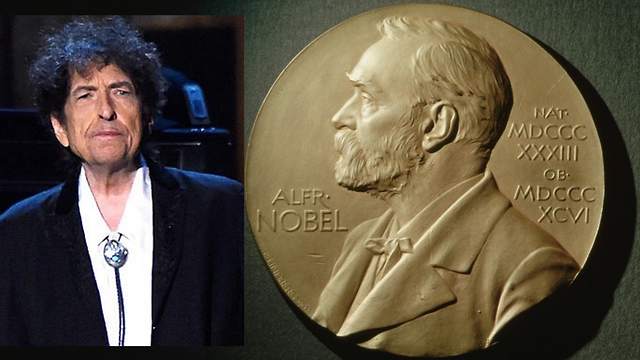I once read a article criticising George Lucas. I know, I’m as shocked at you are. The author took exception to Yoda’s lines, “Fear is the path to the dark side. Fear leads to hate. Hate leads to anger. Anger leads to suffering.” He summed up his objection to this by saying no-one ever hated Hitler so much they became a Nazi. (Never mind that Yoda never makes the link from fear to the Dark Side complete. Suffering leads to the Dark Side? Or what? Damn you Yoda, I need closure.)
Whoever the writer is, he may now have to concede Yoda was on to something. I did study 20th century German history, including the rise of Hitler to power, as part of my Arts degree. That was some time ago, but when people kept insisting Trump was exactly the same as Hitler, I kept wondering if they knew something I didn’t. To be frank, I was fairly sure they were wrong and engaging in hyperbole (once again, shocked as you are) but I thought I’d better check again, just to be sure.
So I listened to Richard J Evan’s The Coming of the Third Reich: How the Nazis Destroyed Democracy and Seized Power in Germany via Audible. This is the first volume of his Third Reich Trilogy which has been acclaimed as the best general history of the Third Reich extant. To sum up, I was right. The differences between Hitler’s climb to power via multiple election campaigns and Trump becoming President almost on a whim, and the vastly different histories of Germany and the United States, are too many to go into here. Read the book. One major difference is that Hitler was able to destroy the Weimar Republic in large part because many of the other parties, Right and Left wing, were committed to doing the same thing, and previous administrations had already greatly reduced the role and power of the parliament long before Hitler put it out of its misery. But I digress.
 What did strike me as having similarities to today’s politics were some of the Nazi tactics. The SA brownshirts were well-known for beating up opponents in the streets or at their meetings. (As were the Communists.) And if the Nazis weren’t able to prevent speeches other public events being run by political opponents on the grounds of public safety (mainly fear of the fights that would break out orchestrated by the Nazis) they would attend the event and with shouting and other methods make it impossible for the event to continue.
What did strike me as having similarities to today’s politics were some of the Nazi tactics. The SA brownshirts were well-known for beating up opponents in the streets or at their meetings. (As were the Communists.) And if the Nazis weren’t able to prevent speeches other public events being run by political opponents on the grounds of public safety (mainly fear of the fights that would break out orchestrated by the Nazis) they would attend the event and with shouting and other methods make it impossible for the event to continue.
Let’s see: beating up opponents, preventing speeches on grounds of public safety, and shouting down speakers. Who does this these days?
Mainly it seems to be people who don’t like Trump. The so-called Antifa (Anti-Fascist) movement actually appear in masks and beat up Trump supporters. At least the Brownshirts showed their faces. Students who consider themselves liberals ie those who respect other people’s opinions and beliefs even if they differ to their own, shout and disrupt and in some cases physically threaten speakers they don't like to stop them speaking on their campus. They have built barriers and lit fires to stop people from going in to listen. And that’s if the university administration haven’t already withdrawn the invitation to speak on grounds of public safety.
 So Yoda has been in some way vindicated, and George Lucas revealed as a writer of surprising prescience. There are people who hate Trump so much they have become fascist in order to stop him. To quote Christopher Booker, "Evil men don't get up in the morning saying, 'I'm going to do evil.' They say 'I'm going to make the world a better place.'" Or to quote Terrence Rattigan, "The trouble with being on the side of right, as one sees it, is that one often finds oneself with such questionable allies."
So Yoda has been in some way vindicated, and George Lucas revealed as a writer of surprising prescience. There are people who hate Trump so much they have become fascist in order to stop him. To quote Christopher Booker, "Evil men don't get up in the morning saying, 'I'm going to do evil.' They say 'I'm going to make the world a better place.'" Or to quote Terrence Rattigan, "The trouble with being on the side of right, as one sees it, is that one often finds oneself with such questionable allies."





